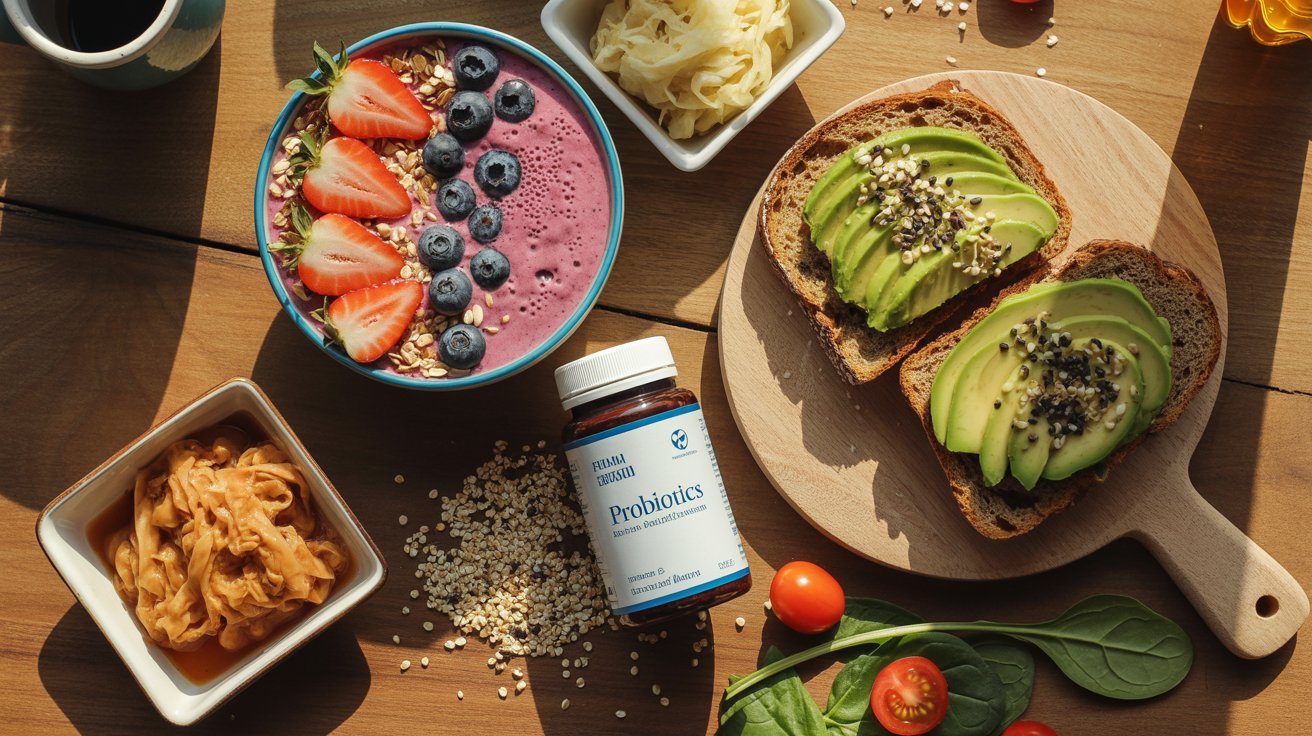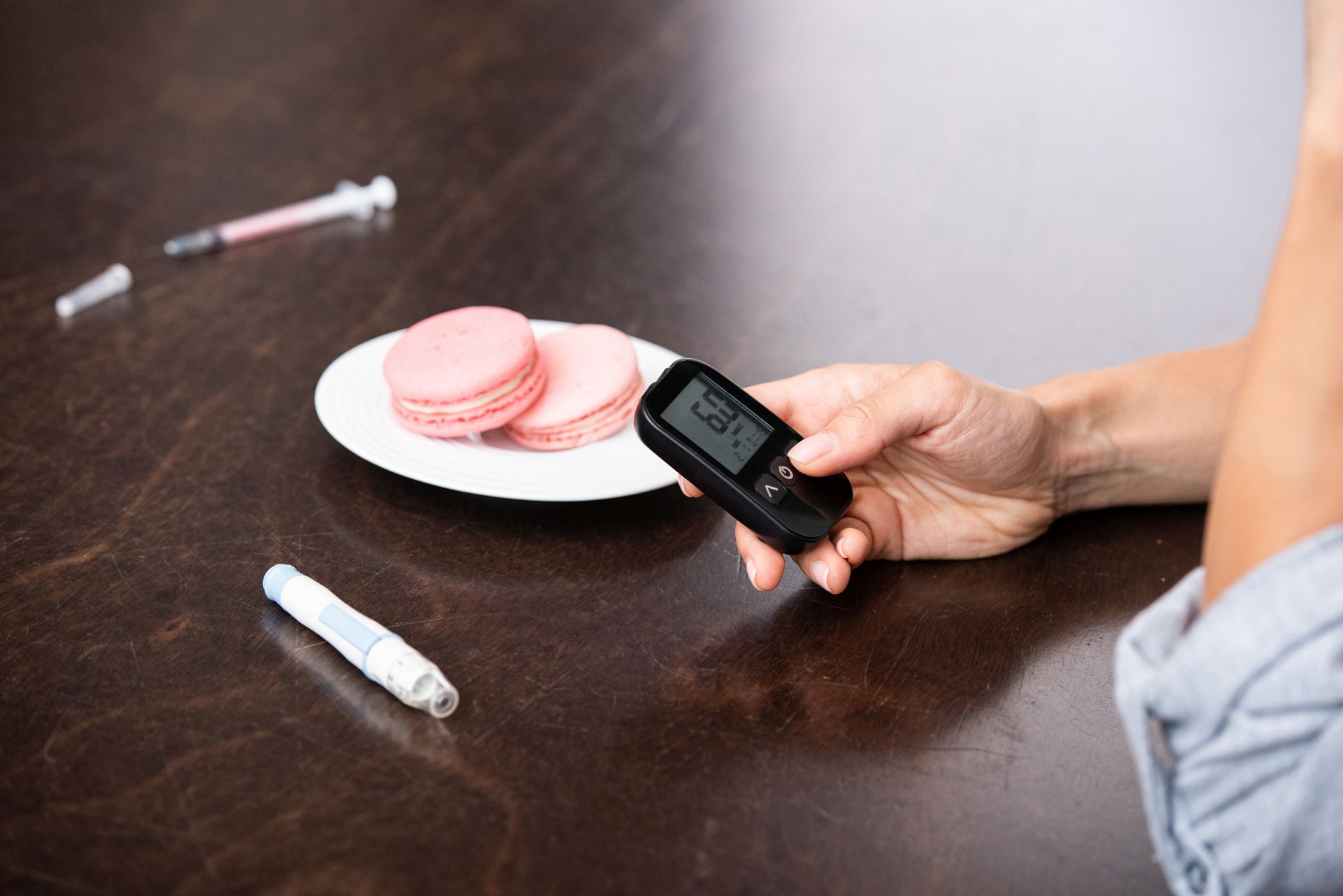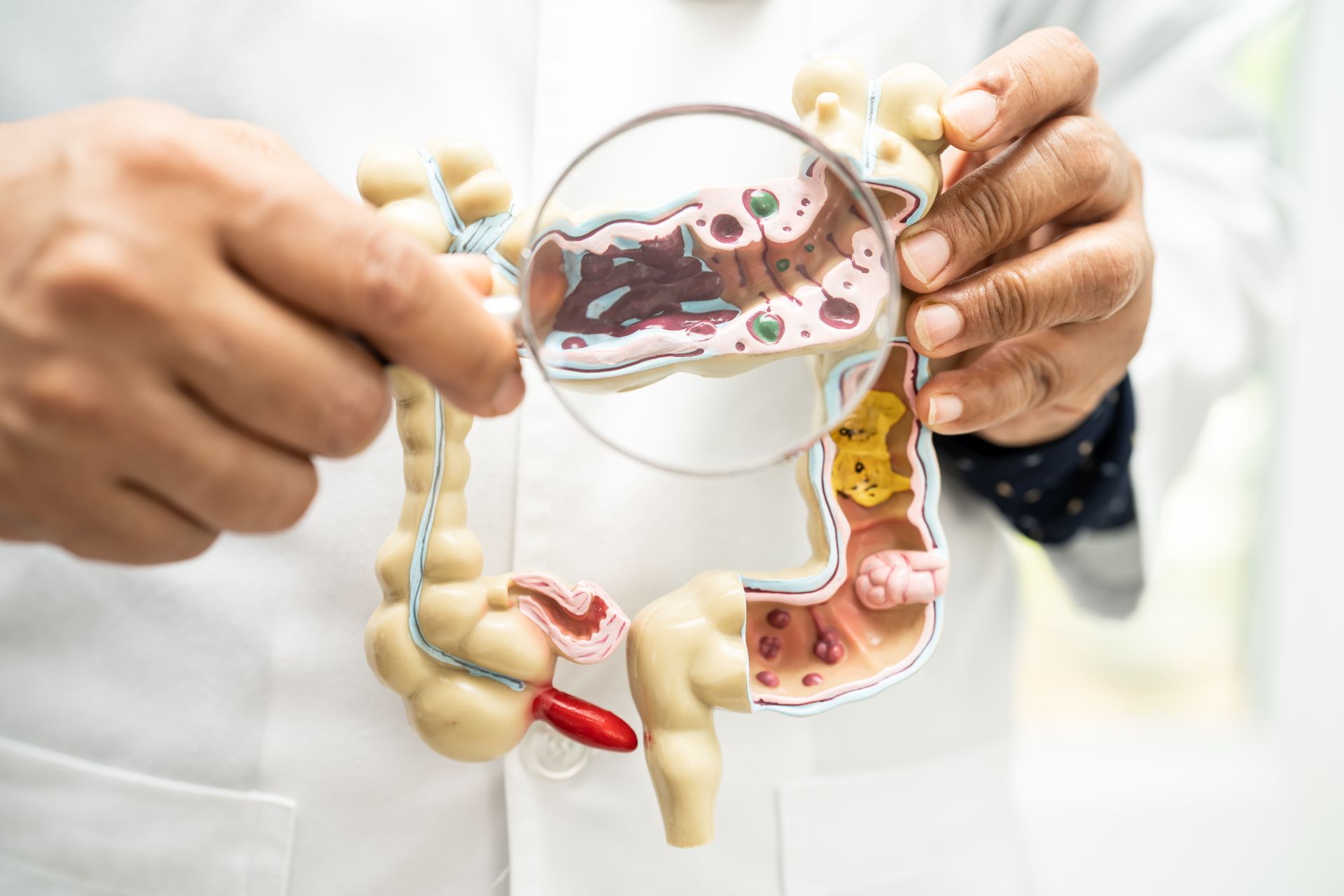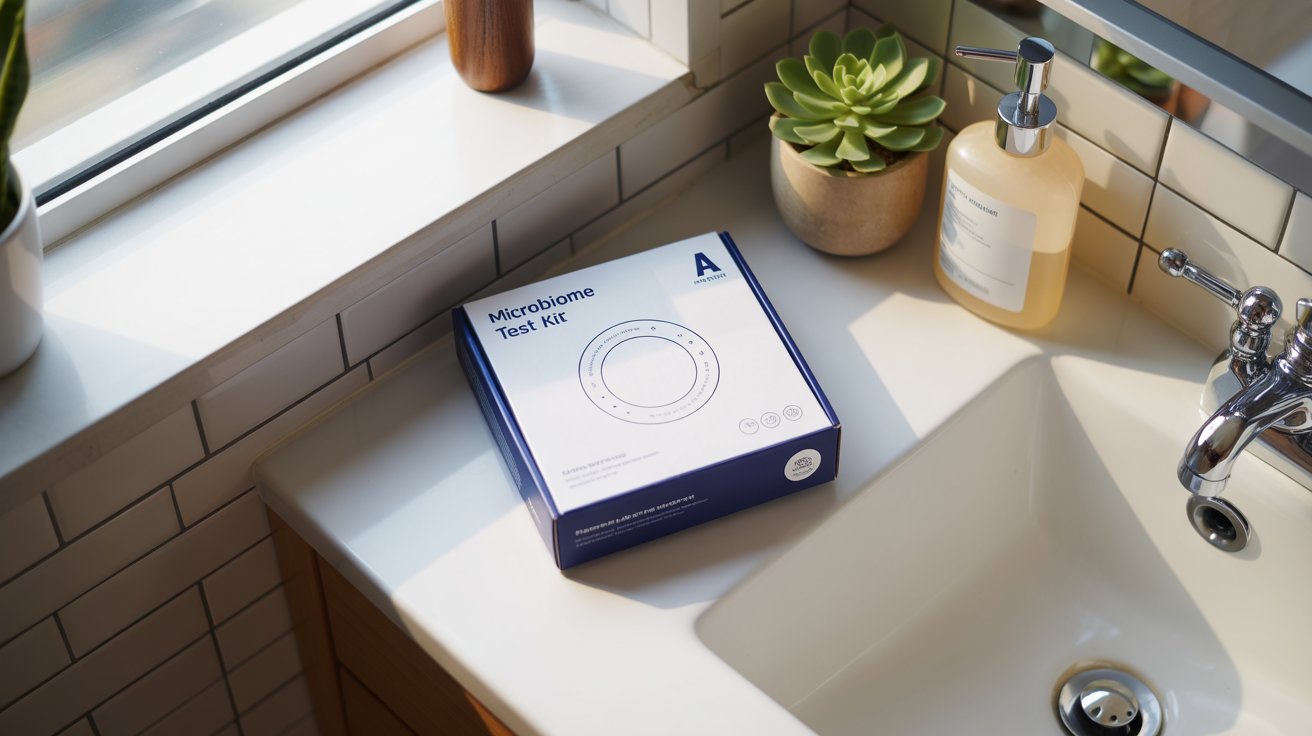Leaky gut, also known as increased intestinal permeability, is a condition that can impact your health in subtle yet significant ways. It occurs when the lining of your intestines becomes damaged, allowing toxins, bacteria, and undigested food particles to enter your bloodstream. Recognizing the signs and symptoms of leaky gut is the first step toward addressing this often-overlooked condition.
Leaky gut can manifest in a variety of symptoms, often impacting multiple areas of your health. Identifying these signs early can help guide you toward effective solutions for healing.
1. Digestive Distress: A Common Red Flag

What It Feels Like
Frequent bloating, gas, diarrhea, or constipation can signal that your digestive system isn’t functioning properly. These symptoms often point to a compromised gut lining.
Why It Happens
A damaged gut lining can struggle to filter out harmful substances, leading to irritation and inflammation that disrupt digestion.
Action Step: Keep a food diary to track patterns and identify triggers, then consult a healthcare professional for guidance.
2. Food Sensitivities: An Emerging Issue

What It Feels Like
If you’ve noticed an increasing sensitivity to foods like dairy, gluten, or certain vegetables, it could be due to leaky gut. You may experience symptoms like bloating, cramping, or fatigue after eating.
Why It Happens
When the gut lining is compromised, your immune system reacts to foods that would otherwise be harmless, causing sensitivity or intolerance.
Action Step: Consider an elimination diet to pinpoint problem foods and reduce gut irritation.
3. Fatigue and Brain Fog: The Hidden Impact

What It Feels Like
Persistent tiredness and difficulty concentrating may seem unrelated to your gut, but they’re common symptoms of leaky gut. You might find it hard to focus or feel mentally sluggish throughout the day.
Why It Happens
Toxins and harmful particles entering your bloodstream can cause systemic inflammation, which affects energy levels and cognitive function.
Action Step: Prioritize sleep and try incorporating gut-healing foods like bone broth and fermented vegetables into your diet.
4. Skin Problems: A Window to Your Gut Health

What It Feels Like
Issues like eczema, acne, or rosacea may be signs that your gut is struggling. These skin conditions often flare up alongside digestive troubles.
Why It Happens
Leaky gut can trigger immune responses that lead to inflammation, showing up on your skin as irritation or breakouts.
Action Step: Stay hydrated and include anti-inflammatory foods like leafy greens and fatty fish in your meals.
5. Weakened Immunity: Frequent Illnesses

What It Feels Like
If you’re getting sick more often than usual, or struggling to recover from illnesses, it could be linked to your gut. Your immune system relies heavily on gut health.
Why It Happens
A significant portion of your immune system resides in your gut. A leaky gut can weaken this defense system, making you more susceptible to infections.
Action Step: Boost your immunity with probiotics and prebiotics to strengthen your gut microbiome.
6. Joint Pain and Inflammation: Unexpected Connections

What It Feels Like
Persistent joint pain, swelling, or stiffness could indicate underlying inflammation linked to leaky gut. This may feel like general discomfort or mimic symptoms of arthritis.
Why It Happens
Leaky gut allows inflammatory particles to circulate through your body, which can settle in joints and cause chronic inflammation.
Action Step: Incorporate anti-inflammatory foods like turmeric and omega-3-rich fish into your meals.
7. Mood Disorders: The Gut-Brain Connection

What It Feels Like
Anxiety, depression, or sudden mood swings could be related to your gut health. You might feel irritable or emotionally unbalanced without a clear reason.
Why It Happens
Your gut produces many neurotransmitters, like serotonin. A damaged gut can disrupt this process, affecting your mental health.
Action Step: Focus on gut-nourishing foods and consider mindfulness practices like meditation or yoga to support the gut-brain axis.
8. Sugar Cravings: A Sneaky Symptom

What It Feels Like
Craving sugary snacks and feeling like you can’t resist them may indicate imbalances in your gut bacteria.
Why It Happens
Harmful gut bacteria thrive on sugar, and their overgrowth can drive cravings for sweet foods, perpetuating the cycle.
Action Step: Cut back on processed sugars and include more fiber-rich foods to balance your gut flora.
9. Autoimmune Conditions: A Possible Trigger
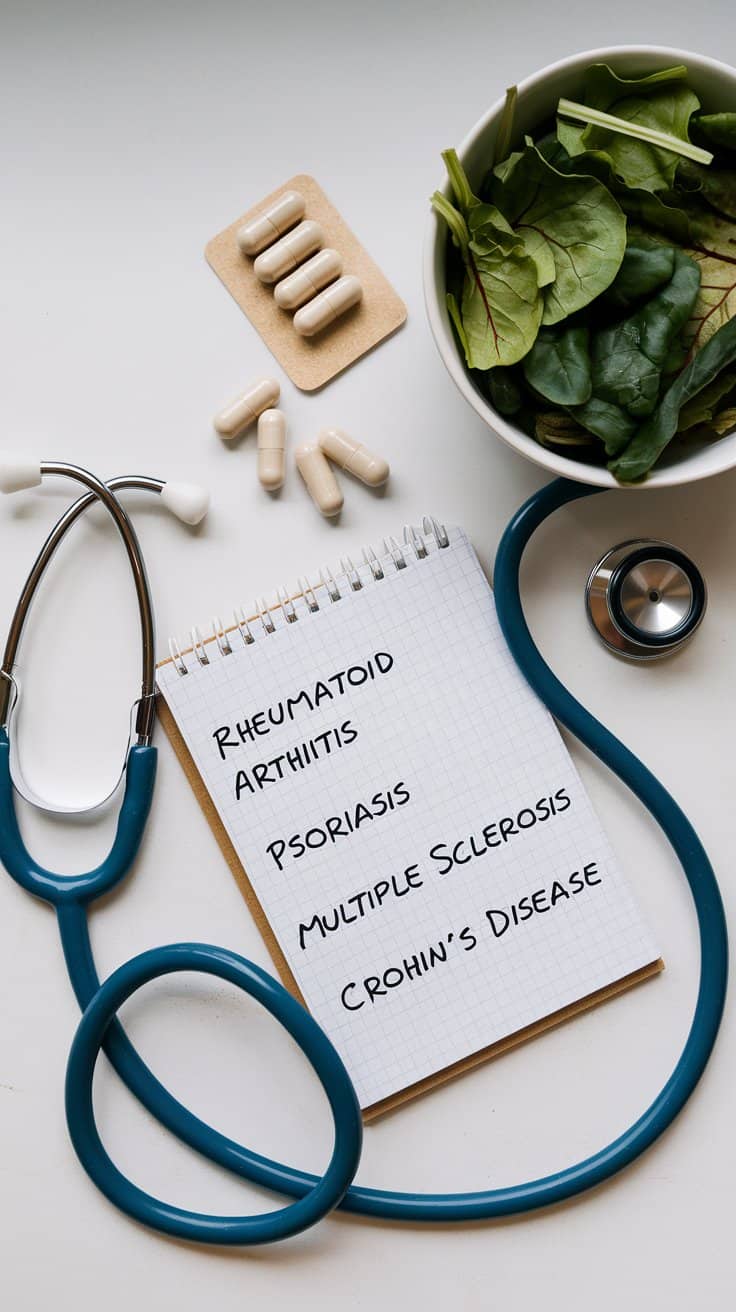
What It Feels Like
Conditions like Hashimoto’s thyroiditis, rheumatoid arthritis, or lupus may worsen with leaky gut. Flare-ups might become more frequent or severe.
Why It Happens
Leaky gut can allow harmful particles into the bloodstream, which may confuse the immune system and exacerbate autoimmune conditions.
Action Step: Work with a healthcare professional to create a gut-healing plan that complements your existing treatment.
10. Nutritional Deficiencies: A Silent Indicator

What It Feels Like
Feeling fatigued, weak, or noticing hair loss and brittle nails might indicate you’re not absorbing enough nutrients.
Why It Happens
A damaged gut can struggle to absorb essential vitamins and minerals, leading to deficiencies even if your diet is nutrient-rich.
Action Step: Supplement strategically under the guidance of a healthcare provider while focusing on healing your gut lining.
By recognizing these signs and symptoms of leaky gut, you can take proactive steps toward improving your health and restoring balance to your body. The journey to gut healing starts with awareness and actionable changes to your diet and lifestyle.

